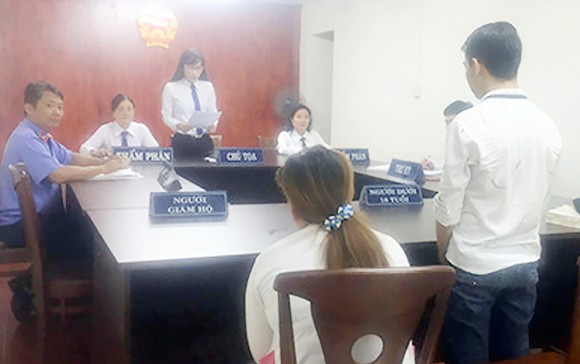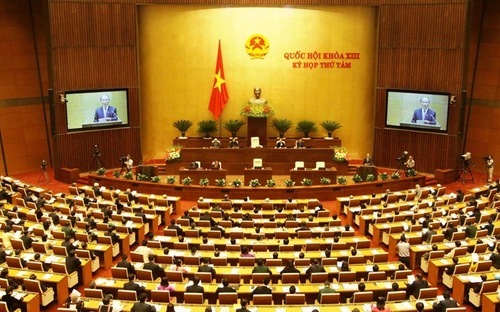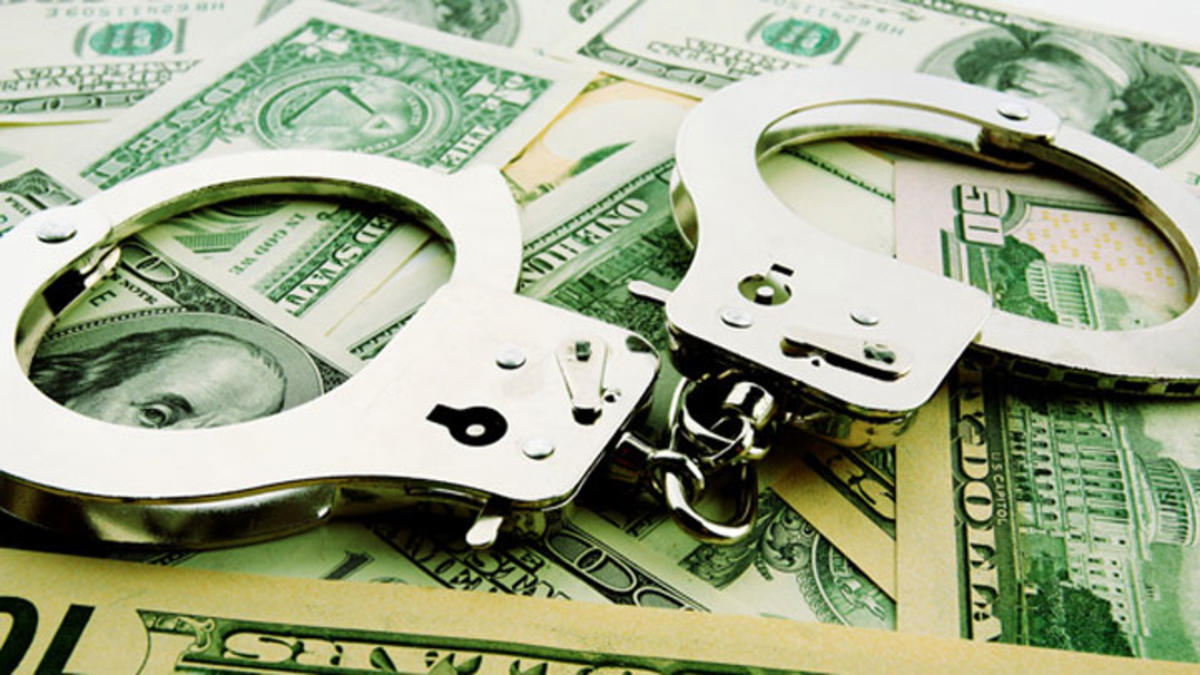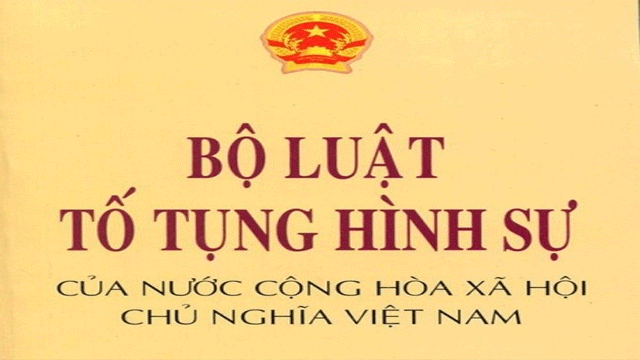Persons under 18 years of age are individuals who have not yet fully developed physically and mentally and are vulnerable, especially when they participate in litigation during the process of resolving cases. Therefore, the law has specific provisions regarding the composition of the trial panel for these "special" defendants.

Notes on the Composition of the Trial Panel for Criminal First Instance with Defendant Under 18 (Illustrative Image)
1. Regarding the People's Juror:
According to the provisions of Article 413 of the 2015 Criminal Procedure Code (BLTTHS), the criminal procedure for the accused, the victim, and the witness under the age of 18 is applied according to the provisions of Chapter XXVII (Chapter on Procedures for Juveniles), along with other regulations of this Code which do not contradict the provisions of this Chapter. The composition of the Trial Panel for a criminal case involving a defendant under the age of 18 is specified in Clause 1, Article 423 of the 2015 Criminal Procedure Code. Specifically, it shall include at least one juror being a teacher, a Youth Union officer, or a person with experience and understanding of the psychology of persons under 18 years old. To meet practical trial requirements for juvenile offenders, this regulation has expanded the scope of potential members of the Trial Panel, including those who understand and are well-versed in the psychology of persons under 18 years old (e.g., a psychologist).
In special cases needing to protect the defendant under 18 years old or create favorable conditions for their easier reintegration into the community later, the Trial Panel may decide to hold a closed trial. Trials for cases caused by minors will not be held publicly unless it is necessary for educational, legal dissemination, and crime prevention purposes.
2. Regarding the Judge:
According to the provisions of Article 1 of the Circular 02/2018/TT-TANDTC, the jurisdiction to adjudicate a criminal case with a defendant under 18 years old belongs to the Family and Juvenile Court - a specialized court for adjudicating criminal cases involving juveniles. However, for courts that do not have the capacity to establish a Family and Juvenile Court, the adjudication will be carried out by a specialized judge.
Therefore, if there is no model of the Family and Juvenile Court, the Trial Panel must ensure the following conditions:
- The specialized judge must be someone with experience adjudicating cases involving persons under 18 years old or have been trained and educated in resolving criminal cases with participants under 18 years old or trained in psychology and educational sciences for persons under 18 years old;- The people's juror must include at least one person being a teacher, a Youth Union officer, or a person with experience and understanding of the psychology of persons under 18 years old.
In summary, persons under 18 years old are very sensitive subjects, making it very challenging for the trial activities to proceed in a perfectly orderly manner. Therefore, the composition of the Trial Panel must meet the above-stated requirements to better understand the causes, conditions, and circumstances of the offense. As a result, the Trial Panel can objectively assess the nature and degree of danger of the crime to apply an appropriate penalty.
Legal Basis:
- 2015 Criminal Procedure Code.
Nguyen Phu
 Article table of contents
Article table of contents





.Medium.png)
.Medium.png)
.Medium.png)
.Medium.png)
